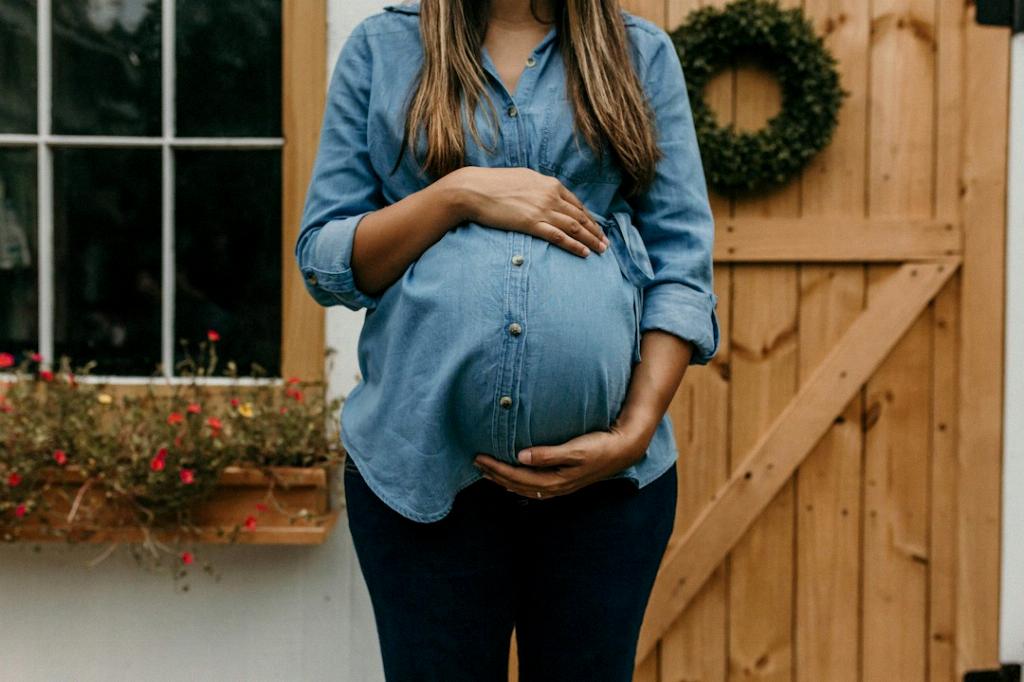When it comes to the effects of caffeine on an unborn baby, research has highlighted several important findings that expecting mothers should be aware of. One significant concern is the impact of caffeine consumption on fetal development.
Increased Risk of Intrauterine Growth Retardation
Epidemiological studies have pointed to a connection between caffeine intake during pregnancy and intrauterine growth retardation (IUGR) or low birth weight. This suggests that pregnant women who consume high levels of caffeine may be putting their baby at risk for these adverse outcomes.
Association with Subfertility
Another concerning finding is the association between caffeine consumption and subfertility. This indicates that caffeine could potentially impact a woman’s ability to conceive, emphasizing the importance of monitoring caffeine intake, especially for couples trying to conceive.
Increased Likelihood of Spontaneous Abortion
Research has also shown a link between caffeine consumption and the risk of spontaneous abortion. This highlights the potential dangers of excessive caffeine intake during pregnancy and the need for pregnant women to be mindful of their caffeine consumption habits.
Effect on Maternal Health
It’s not just the baby’s health that is impacted by caffeine during pregnancy. Maternal health can also be affected, with implications for both the mother and the developing fetus. Understanding these effects is crucial for ensuring a healthy pregnancy.
Recommendations for Pregnant Women
Given the potential risks associated with caffeine consumption during pregnancy, it is advisable for expecting mothers to moderate their intake. This may involve reducing or eliminating caffeine from their diet to safeguard the health of both themselves and their baby.
Consultation with Healthcare Providers
Pregnant women should always consult with their healthcare providers regarding their caffeine consumption. This allows for personalized advice based on individual health factors and considerations that could impact the pregnancy and the baby’s development.
Understanding Safe Limits
It’s essential for pregnant women to understand the safe limits of caffeine intake during pregnancy. Being aware of these guidelines can help expectant mothers make informed decisions about their dietary choices and ensure the best possible outcomes for both themselves and their baby.
Impact on Neurodevelopment
Research has also explored the potential impact of maternal caffeine consumption on the neurodevelopment of the unborn baby. Understanding these effects can provide valuable insights into how caffeine may influence the development of the baby’s brain and nervous system.
Importance of Prenatal Care
Prenatal care plays a critical role in monitoring the health and development of both the mother and the baby. By staying informed and actively engaging in prenatal appointments, pregnant women can ensure they are receiving the necessary support and guidance to promote a healthy pregnancy.
Educational Resources for Expectant Parents
Providing educational resources and information to expectant parents about the effects of caffeine on an unborn baby is essential. By raising awareness and promoting healthy lifestyle choices, parents can make well-informed decisions that prioritize the well-being of their family.
Conclusion
In conclusion, the impact of caffeine on an unborn baby is a topic that requires careful consideration and attention. By understanding the potential risks and making informed choices, pregnant women can take proactive steps to protect the health and development of their baby, ensuring a safe and healthy pregnancy.

